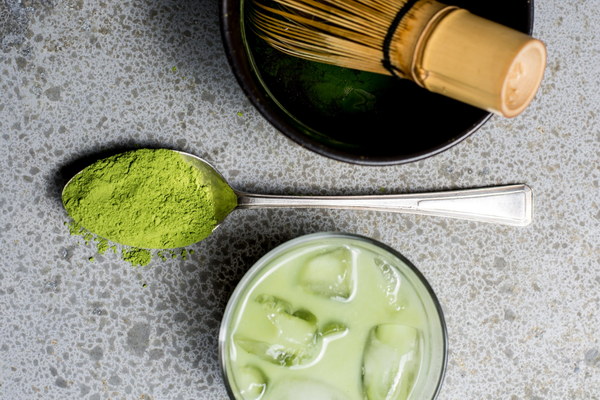The Power of Nature Exploring Common Herbal Remedies for Wellness
In the quest for holistic health and wellness, nature has provided us with an abundance of gifts in the form of herbal remedies. These natural wonders have been used for centuries to treat a variety of ailments and promote overall well-being. Let's delve into some of the most common and beneficial herbal remedies that have stood the test of time.
1. Ginseng
As a well-known adaptogen, ginseng has been a staple in traditional Chinese medicine for thousands of years. This potent herb is believed to boost the immune system, increase energy levels, and enhance cognitive function. It is often used to reduce stress and improve overall vitality.
2. Echinacea
Echinacea, commonly known as purple coneflower, is a popular herb for its immune-boosting properties. It has been used to treat colds, flu, and other infections. Echinacea can help reduce the duration and severity of these illnesses, making it a go-to herb for many.
3. Turmeric
Turmeric, with its vibrant yellow hue, is a spice that has also been used for its medicinal properties. The active compound, curcumin, has been shown to have anti-inflammatory, antioxidant, and anti-cancer effects. Turmeric is often used to treat arthritis, improve digestion, and boost brain health.
4. Ashwagandha
Ashwagandha, an adaptogenic herb native to India, is known for its ability to reduce stress and anxiety. It is also used to improve energy levels, enhance memory, and support overall well-being. Ashwagandha is often consumed in the form of capsules or powders.
5. Ginger
Ginger has been used for centuries as a natural remedy for nausea, especially during pregnancy and travel. It is also known for its anti-inflammatory and digestive benefits. Adding fresh ginger to your meals or consuming ginger tea can help alleviate symptoms of indigestion, bloating, and gas.
6. St. John's Wort
St. John's Wort is a popular herb for its mood-enhancing properties. It has been used to treat mild to moderate depression and anxiety. While it is not as effective as prescription medications for severe depression, St. John's Wort can be a natural alternative for those looking to avoid pharmaceuticals.

7. Valerian Root
Valerian root is a well-known herb for its calming effects on the mind and body. It is often used to treat anxiety, insomnia, and restlessness. Valerian root can be taken as a supplement or in tea form to help promote relaxation and improve sleep quality.
8. Honeybush Tea
Honeybush tea, a herbal tea native to South Africa, has gained popularity for its anti-inflammatory and antioxidant properties. It is known to boost the immune system, improve cardiovascular health, and reduce the risk of certain cancers.
While herbal remedies offer a natural alternative to conventional treatments, it is important to consult with a healthcare professional before starting any new supplement. Some herbs may interact with medications or have adverse effects on certain individuals. However, when used responsibly, these common herbal remedies can be a powerful addition to your wellness journey.
In conclusion, nature has provided us with a wealth of resources to promote health and well-being. By exploring the benefits of these common herbal remedies, we can harness the power of nature to support our bodies and minds. So, the next time you're looking for a natural way to boost your health, consider incorporating one of these herbal wonders into your routine.









